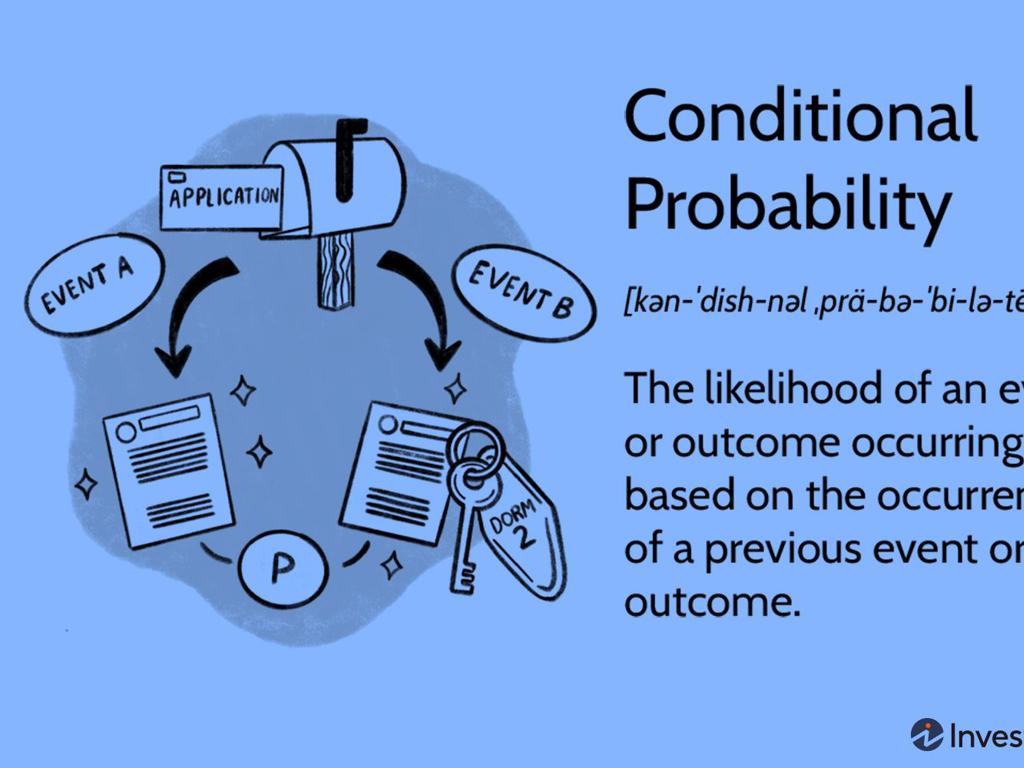Kwanzaa
Subject: Social studies
Grade: Third grade
Topic: Cultural Celebrations
Please LOG IN to download the presentation. Access is available to registered users only.
View More Content
Exploring Kwanzaa: A Cultural Celebration
– What is Kwanzaa?
– A holiday to honor African heritage in African-American culture.
– Kwanzaa’s cultural significance
– It emphasizes community, family, and culture.
– ‘Celebration’ in our lives
– Sharing our celebration experiences
– Think of a time you celebrated something special.
|
This slide introduces students to Kwanzaa, a holiday that celebrates African heritage and culture, particularly within the African-American community. It’s important to discuss the values of Kwanzaa, such as unity, creativity, and faith, and how they strengthen community bonds. Encourage students to reflect on what ‘celebration’ means to them personally and to share their own experiences with celebrations in their lives. This will help them connect with the concept of Kwanzaa and understand the importance of honoring and learning about different cultural traditions.
Exploring Kwanzaa: A Cultural Celebration
– Kwanzaa celebrates African-American culture
– It honors African heritage in African-American communities
– It’s a seven-day festival starting December 26
– Each day of Kwanzaa focuses on a different principle
– Includes music, dance, and poetry
– Performances express joy and community values
– Storytelling is a key part of Kwanzaa
– Stories often teach lessons and share history
|
Kwanzaa is a vibrant festival that honors African-American heritage and culture. It begins the day after Christmas and continues for a week, with each day dedicated to a specific principle, such as unity or creativity. During Kwanzaa, families and communities come together to enjoy music, dance, and poetry, which are integral parts of the celebration. Storytelling is also a significant tradition, where tales and narratives are shared to impart wisdom, connect with ancestors, and pass on cultural values to the next generation. Encourage students to think about their own family traditions and how they bring people together, just as Kwanzaa does for those who celebrate it.
The Seven Principles of Kwanzaa
– Kwanzaa’s daily principles
– Values for community strength
– Example: Unity (Umoja)
– Umoja encourages togetherness
– Example: Creativity (Kuumba)
– Kuumba inspires us to be innovative
|
Kwanzaa is a cultural celebration that honors African heritage in African-American culture, observed from December 26 to January 1. Each of the seven days of Kwanzaa is dedicated to a specific principle, known as the Nguzo Saba. These principles serve as guidelines to live by and are aimed at strengthening the community. For example, ‘Umoja’ stands for unity, encouraging people to maintain unity in the family and community. ‘Kuumba’, meaning creativity, motivates people to always do as much as we can to leave our community more beautiful and beneficial than we inherited it. Discuss each principle with the class and provide examples of how they can be applied in everyday life. Encourage students to think of ways they can demonstrate these values in their own lives and communities.
Symbols of Kwanzaa
– Kwanzaa’s special symbols
– Kinara and the seven candles
– Each candle stands for a Kwanzaa principle
– Unity cup: Kikombe cha Umoja
– Symbolizes family and community unity
– Crops represent harvest: Mazao
– Celebrates hard work and harvest
|
This slide introduces the symbols of Kwanzaa, which are rich in meaning and reflect the values of the celebration. The kinara is a candle holder that holds seven candles, known as the Mishumaa Saba, with each candle representing one of the seven principles or Nguzo Saba of Kwanzaa. These principles include unity, self-determination, collective work and responsibility, cooperative economics, purpose, creativity, and faith. The unity cup, or Kikombe cha Umoja, is used to pour libations in honor of ancestors, and it represents family and community unity. The crops, or Mazao, symbolize the fruits of collective planning and work. As an activity, students can create their own kinara with paper and discuss what each principle means to them. They can also draw or bring in items that represent unity and community in their lives.
Celebrating Kwanzaa
– Families light candles on the kinara
– The kinara holds seven candles representing the seven principles.
– Discuss the daily principle
– Each day of Kwanzaa is dedicated to a specific principle like unity or self-determination.
– Share stories with each other
– Stories often reflect cultural heritage and life lessons.
– Gifts symbolize key values
– Gifts encourage growth, achievement, and community success.
|
This slide introduces students to the celebration of Kwanzaa, a week-long African American and Pan-African holiday that celebrates family, community, and culture. Each day, families light a candle on the kinara, which is a special candleholder, and discuss one of the seven principles of Kwanzaa, known as the Nguzo Saba. These principles include unity, self-determination, collective work and responsibility, cooperative economics, purpose, creativity, and faith. Sharing stories during Kwanzaa is a way to pass down traditions and learn valuable lessons. Gifts, or zawadi, are given to children on the last day of Kwanzaa to encourage growth, self-determination, and success. Teachers can encourage students to think about their own family traditions and the values they represent.
Kwanzaa Around the World
– Originated in the United States
– Now celebrated globally
– Families in different countries add their own customs to Kwanzaa.
– Unique celebrations worldwide
– Honors African heritage
– Kwanzaa unites people to honor African culture and community values.
|
Kwanzaa is a cultural festival that began in the United States and has since spread to various parts of the world. It’s a celebration that honors African heritage and emphasizes values such as unity, self-determination, and collective work and responsibility. While the core principles of Kwanzaa remain the same, people in different countries may incorporate local traditions and customs into their celebrations, making each Kwanzaa experience unique. This slide aims to show students the global impact of Kwanzaa and how cultural celebrations can bring people together, regardless of where they live. Encourage students to think about their own family traditions and how they might share similarities with Kwanzaa celebrations.
Class Activity: Crafting Paper Kinaras
– Learn about Kwanzaa and the Kinara
– Create your paper Kinara
– Use colorful paper to make a Kinara
– Reflect on the candle meanings
– Write what each of the seven candles represents to you
– Share your Kinara and favorite principle
– Discuss your favorite Kwanzaa principle and why it’s special
|
This activity is designed to engage students with the cultural celebration of Kwanzaa through a hands-on project. The Kinara is the candle holder used in Kwanzaa, and each of its seven candles represents a different principle. Provide students with construction paper, scissors, and markers to create their Kinaras. Guide them to write a personal meaning for each candle on their Kinara, reflecting on the principles of unity, self-determination, collective work and responsibility, cooperative economics, purpose, creativity, and faith. After crafting, encourage students to share their work with the class, focusing on their favorite principle and its importance. This will help them understand and respect the values of Kwanzaa and how it can be relevant to their lives. Prepare to facilitate the sharing session and have a discussion about the different principles and what they mean to each student.






